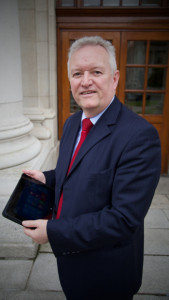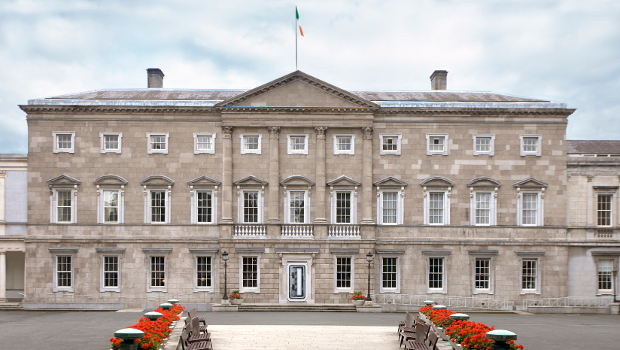The Irish Government has been online for about two decades, with all government departments and most other agencies to be found with the xxxx.gov.ie domain addressing system. In all fairness, much as slagging such public service bodies is a recognised pub sport in this country, there are now over 400 separate services to be found in this neck of the electronic woods. On the local government side of things, which has been a relatively progressive area for a couple of decades because it had its own Computer Services Board (LGCSB). Now subsumed into the Local Government Management Agency (LGMA) the same ICT team under has given us www.localgov.ie, intendedas a universal portal to complement the individual council web sites and enable anyone to find information and services regionally.
All in all, we probably score quite well according to the measures of eGovernment progress that were popular around the turn of the millennium when we all began to talk about the Information Society. Those old-fashioned and faintly innocent criteria included web sites and lots of textual information, forms to be downloaded and the astonishing ability to communicate directly with state agencies by email. While everyone who knows about eGovernment reckons we still have a long way to go, there has been genuinely significant progress in adding process to information in Ireland’s public-facing public services.

You can do almost anything you want with technology today. The questions are about what you want to do and the management of change. The consumer or citizen is using lots of mobile technology and services today and they are all highly cloud-based. We are entering an ICT environment where the mobile worker like state field staff and inspectors, plus private citizens and even school children, are all in what the industry calls enterprise mobility. That is essentially enabled by the cloud, Bill McCluggage, former Irish Government CIO
It is possible in almost all departments and agencies for a citizen to complete transactions online and without paper. There are exceptions and there is often some initial paperwork involved but for the most part such restrictions or slow progress are caused by the difficulty of ensuring security and privacy for the individual. A requirement for hard copy by post, for instance, is often an essential step in verifying identity before the electronic stuff can begin.
Today a salient characteristic of all eGovernment is that some of the traditional or legacy types of transactions are to be brought to completion while at the leading edge we are embarked on new and more modern digital approaches. ‘Digital first’ is still a general objective — and Austria is the only EU country recognised as having fully delivered on that — even as some public services are thinking ‘Mobile first’.






Subscribers 0
Fans 0
Followers 0
Followers